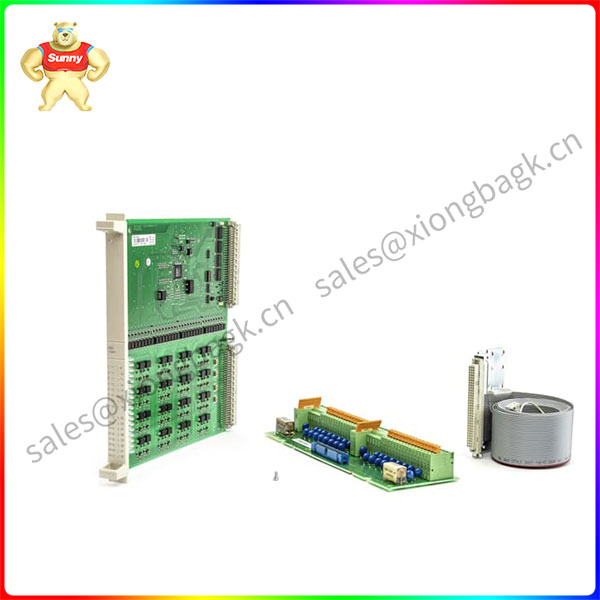In 2018, the World Economic Forum launched the Global “Beacon Factory” award to recognize manufacturing companies leading the development of the fourth Industrial Revolution. The “Sustainable Beacon factory” refers specifically to a more sustainable and efficient manufacturing benchmark.
Today, there are more than 150 “lighthouse factories” around the world, which embody best practices in applying digitalization and other key technologies and solutions to improve overall sustainability performance and operational efficiency in the age of intelligence. The Wuxi factory in China, the Levoderoy factory in France, the Batam factory in Indonesia, and the Lexington factory in the United States are among them.
Among the “lighthouse factories” in the world, 17 factories have achieved remarkable results in green development with the help of relevant technologies, and won the title of “sustainable lighthouse factories”, Schneider Electric Hyderabad plant is one of them.
The plant produces critical electrical equipment and operates with a cloud-based manufacturing system powered by iot devices, enabling intelligent decision making through advanced technology for real-time data collection, prediction and analysis.
In terms of sustainable development, in order to improve energy efficiency and reduce carbon emissions, the factory air compressor is equipped with related equipment that can support the Internet of Things, and the chiller is equipped with a closed-loop control energy data management system, which realizes uninterrupted and real-time energy consumption monitoring and regulation, and comprehensively optimizes the management of these two energy-intensive equipment.
In the past four years, the factory has been upgraded with excellent achievements
Energy consumption was reduced by 59 percent, waste optimization by 64 percent, carbon emissions by 61 percent, and water consumption by 57 percent.
STRIVE strategy

S Sustainable: More sustainable
Making supply chains more sustainable by promoting a carbon neutral, circular economy and preserving local biodiversity;
T Trusted: More reliable
R Resilient
Enhance resilience by purchasing backup, ensure there is no single point of failure in the production line, use advanced technology to create customized solutions, and ensure quality through end-to-end operations management;
I Intelligent: I intelligent
Leveraging digital technologies to create predictable, risk-preventive, automated, highly flexible, and remotely coordinated supply chains;
V Velocity: More efficient
E Efficiency: More agile
That is, to exert a strong ecological impact, strengthen collaboration with upstream and downstream partners, and create a rapid response mechanism.
Under STRIVE’s strategy, Schneider Electric already has 93 “zero-carbon factories” out of nearly 250 factories and logistics centers in more than 40 countries. The supply chain in China is also fruitful:
Through continuous lean, resilient, green and digital development, overall energy consumption was reduced by 13% compared to the 2019 baseline;
Among the 29 factories and logistics centers in China, there are 19 Schneider Electric “zero carbon factories”, 9 “zero carbon factories” certified by third-party authorities, and 15 “green factories” recognized by the Ministry of Industry and Information Technology.
By 2023, there will be 14 plants certified “carbon neutral”, 1 lighthouse factory, 18 smart factories and smart logistics centers. The Wuxi plant was awarded the World Economic Forum’s end-to-end “Lighthouse Factory” and the Wuhan plant was awarded the developing “Lighthouse Factory”.
“Our mission is to empower all people to maximize the use of energy and resources, and to promote human progress and sustainable common development. The results of the Hyderabad plant highlight the great role of emerging technologies such as digitalization and intelligence in improving operational efficiency and accelerating sustainable development.
In the future, we are willing to share the successful experience of sustainable development with more ecological partners and join hands to move towards a green future.”
 中文版
中文版




